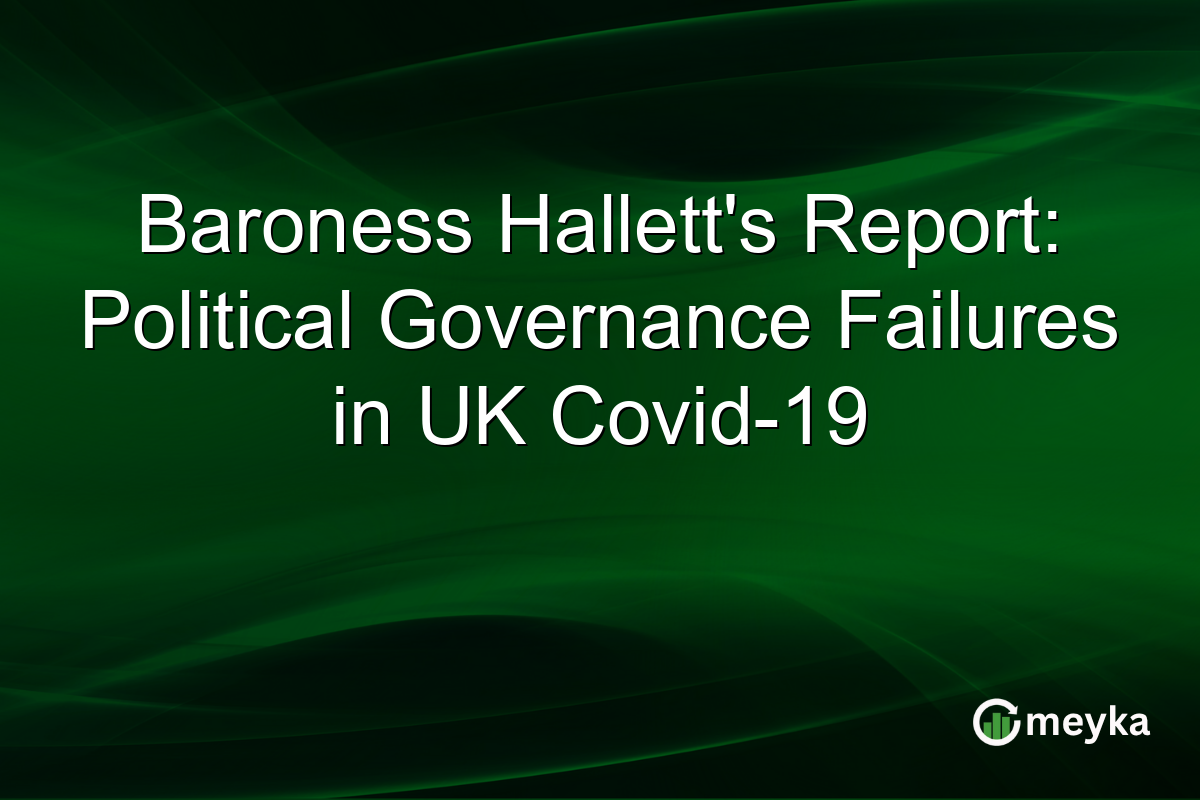Baroness Hallett’s Report: Political Governance Failures in UK Covid-19
Baroness Hallett’s Covid inquiry has unveiled critical insights into the political governance failures of the UK during the pandemic. Her report highlights a ‘too little, too late’ response from the UK’s four governments, revealing that decision-making structures were inadequate. As we delve into the details, it becomes clear that reforming emergency powers and enhancing decision-making processes are crucial to preparing for future pandemics. Let’s explore the key findings and recommendations from this crucial report.
Continue Reading on Meyka
This article is available in full on our main platform. Get access to complete analysis, stock insights, and more.
Read Full Article →





